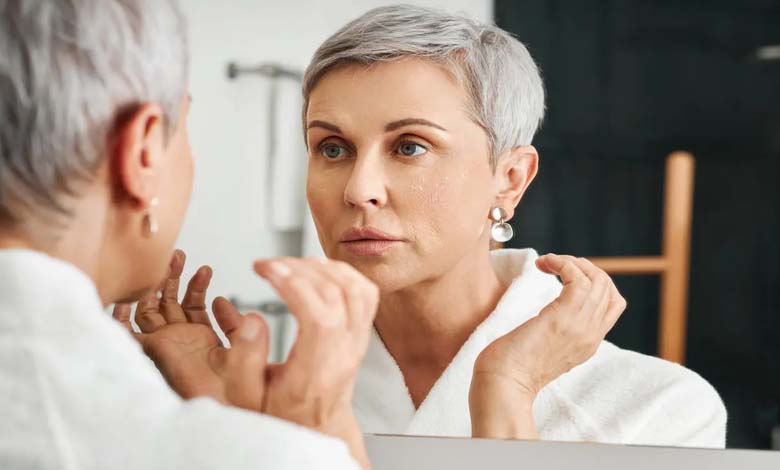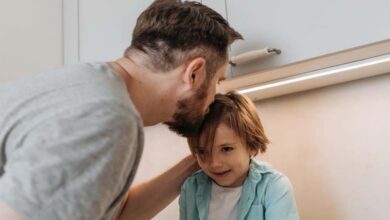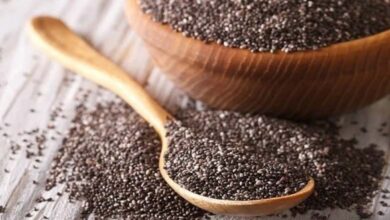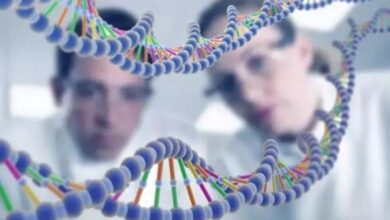How Positive Thinking Helps Older Adults Recover After a Fall

Falls are a major health risk for older adults, often leading to serious physical injuries. Yet, the impact of a fall goes far beyond the physical: it can result in fear, social withdrawal, and a loss of independence. Amid these challenges, research highlights the vital but underappreciated role of positive thinking in the recovery process. But how exactly does optimism help older individuals heal? What neurological, psychological, and social mechanisms are involved? This article takes a comprehensive look at the connection between positive cognition and resilience in the elderly.
-
Testosterone in Women : When Does a High Level Become a Health Issue?
-
Causes of Knee Pain in the Elderly and Treatments
1. The impact of falls on older adults
A fall in later life can lead to:
- fractures (hip, wrist, spine);
- prolonged hospital stays;
- loss of mobility and independence;
- post-fall syndrome (fear of falling again);
- growing social isolation;
- emotional distress (depression, anxiety).
However, it’s often not the injury itself that has the greatest long-term effect—but the psychological aftermath.
-
Foods that promote good nutrition in the elderly
-
Muscle Wasting in the Elderly: Causes and Contributing Factors and Treatment Options
2. Positive thinking: definition and scientific basis
Positive thinking is not mere blind optimism. It involves:
- focusing on constructive aspects of situations;
- maintaining belief in one’s ability to recover;
- cultivating hope, gratitude, and active acceptance.
Neuroscientific studies show that positive thinking activates areas of the brain involved in resilience, such as the prefrontal cortex, which governs planning, emotional regulation, and decision-making.
-
“Successful Aging”: How to Achieve It for the Elderly?
-
“Shocking” Numbers: Report Warns of Climate Change Threats to the Elderly
3. How positive thinking aids physical recovery
a. Motivation for rehabilitation
Seniors with a positive mindset are more likely to:
- adhere to physical therapy programs;
- follow medical instructions;
- stay active through daily exercises.
-
Early Symptoms Indicating Mental Health Issues in the Elderly
-
Reasons Why Elderly People Act Like Children
b. Reduced perception of pain
Health psychology research shows that:
- positive thinkers report lower pain intensity;
- optimism boosts natural painkillers like endorphins;
- mindset influences how discomfort is interpreted.
c. Immune system boost
Chronic stress delays healing. Positive thinking reduces cortisol levels, enhancing immune function and promoting faster recovery.
4. Psychological resilience after a fall
Many older adults develop chronic fear of falling again, leading to inactivity and isolation. Positive thinking:
- promotes cognitive reframing: viewing the fall as a challenge rather than a defeat;
- restores self-confidence in daily functioning;
- enhances emotional resilience, reducing anxiety and depressive symptoms.
5. The role of social and professional support
Positive thinking can be nurtured through:
- support groups and peer programs;
- cognitive-behavioral therapy (CBT);
- mindfulness and meditation practices;
- strong, validating family connections.
Healthcare professionals also play a critical role by reinforcing progress, encouraging independence, and modeling a constructive attitude.
-
Can You Get the Benefits of Retinol from Food?
-
Vegetables and Grains: Essential Natural Allies to Break Down Blood Clots and Lower Cholesterol
6. Practical recommendations
To foster positive thinking after a fall, older adults are encouraged to:
- keep a gratitude journal;
- practice guided visualization and meditation;
- set realistic recovery goals;
- maintain social interactions;
- learn relaxation techniques like breathing exercises.
A fall does not mark the end of autonomy. With a comprehensive approach combining medical care, physical rehabilitation, and psychological support focused on positive thinking, older adults can recover—and often emerge mentally stronger. Far from being a secondary factor, the mind is a powerful engine for healing.












